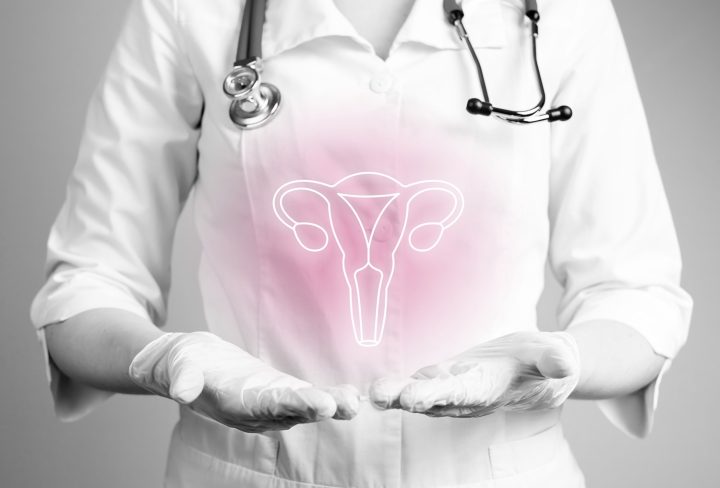Vaginal cancer is a rare but serious condition that can affect women of all ages. While the exact causes of vaginal cancer are unknown, there are several risk factors that can increase a woman’s chances of developing the disease. Fortunately, there are also several strategies for early detection and prevention that can help women stay healthy and reduce their risk of developing vaginal cancer.
Understanding the Risk Factors
Some of the most common risk factors for vaginal cancer include:
- Age: The risk of vaginal cancer increases as women get older, with most cases occurring in women over the age of 60.
- HPV infection: The human papillomavirus (HPV) is a common sexually transmitted infection that can increase a woman’s risk of developing vaginal cancer.
- Smoking: Women who smoke are more likely to develop vaginal cancer than non-smokers.
- Previous cervical or uterine cancer: Women who have previously had cervical or uterine cancer are at a higher risk of developing vaginal cancer.
- DES exposure: Women who were exposed to diethylstilbestrol (DES) in utero are at a higher risk of developing vaginal cancer.
Early Detection Strategies
Early detection is key to successful treatment of vaginal cancer. Some of the most effective strategies for early detection include:
- Regular gynecological exams: Women should have a pelvic exam and Pap test every one to three years, depending on their age and risk factors.
- Know your body: Women should be aware of any changes in their vaginal area, such as lumps, bumps, or unusual discharge, and report them to their healthcare provider right away.
- Genetic testing: Women with a family history of vaginal cancer or other cancers may benefit from genetic testing to identify any inherited genetic mutations that could increase their risk of developing cancer.
Prevention Strategies
While some risk factors for vaginal cancer cannot be changed, there are several prevention strategies that women can use to reduce their risk of developing the disease, including:
- HPV vaccination: The HPV vaccine can help protect against certain strains of the virus that can cause vaginal cancer. The vaccine is recommended for girls and boys between the ages of 9 and 14, and for women up to the age of 26.
- Safe sex practices: Women who are sexually active should practice safe sex to reduce their risk of contracting HPV or other sexually transmitted infections.
- Quitting smoking: Women who smoke should quit smoking to reduce their risk of developing vaginal cancer.
- Healthy lifestyle: Eating a healthy diet, getting regular exercise, and maintaining a healthy weight can help reduce a woman’s risk of developing vaginal cancer.
Vaginal cancer is a serious condition that can have devastating consequences if not detected and treated early. By understanding the risk factors, being vigilant about early detection, and taking steps to prevent the disease, women can take control of their health and reduce their risk of developing vaginal cancer. If you have any concerns about your risk of developing vaginal cancer, talk to your healthcare provider about your options for prevention and early detection.

